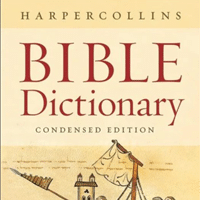Formal hostile activity against a specific group. The most severe instance of persecution against Jews in the biblical period was that instituted by Antiochus IV Epiphanes (175–164 BCE). Both Daniel and 1 Maccabees record his policy directed against Jewish dietary rules, circumcision, and other central practices. Those who refused to give up such practices were “condemned to death” (1Macc 1:41-61). In the NT Jesus speaks of “persecutions” coming upon his followers (Matt 5:10-12; Matt 10:23). Because of their distinctive faith, Jesus’s followers might lose “house or brothers or sisters or mother or father or children or fields” (Mark 10:29). Paul claims that he “persecuted” the church (1Cor 15:9; Gal 1:13; Phil 3:6; Acts 8), and John’s Gospel speaks of a formal synagogue policy to expel those who confessed Jesus as the Christ (John 9:22; John 12:42-43; John 16:1-2). As for government-sponsored persecution of Christianity, Nero attacked Christians after the fire in Rome in 64 CE, but this does not appear to have been empire-wide. By the early second century (ca. 110), however, there was a formal Roman policy to root out Christian beliefs (as attested by Pliny the Younger, Letters 10.96–97).




